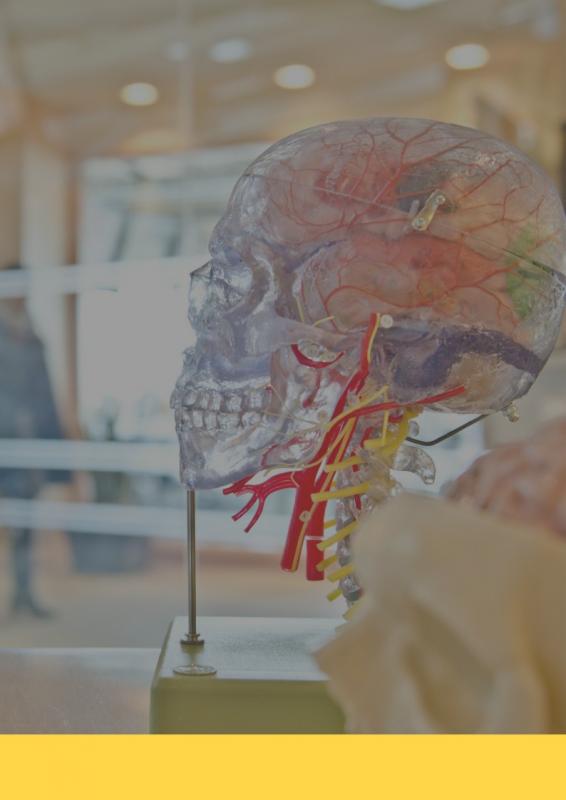
In this course, we examine the ways in which diverse societies construct illness and health experiences, balance healing traditions with multiple forms of medical practice, and integrate the human experiences of illness, recovery, and death with the technical world of biomedicine. Simultaneously, we engage with global health and biomedicine as cultural forms that have their own distinctive features. Looking at the global health interventions world-wide, we study how biomedicine - from epidemics, to disaster relief, to DNA research – exists as a set of cultural constructs that transform human experiences of health and disease. Building upon the work of scientists, anthropologists, and scholars of the medical humanities, we explore new ways of thinking about global health and culture as global health institutions and forces are changing in the 21st century. This course uses ethnographic writings from around the world to explore health experience, health discourses, traditional and biomedical practices, and health governance in a global perspective. Our readings and conversations will serve as the springboard for a semester-long discussion about the meanings of health, sickness, and health justice, with emphasis on the emerging international principle of “health as a human right.” Through this discussion, we will challenge some of our own taken-for-granted assumptions about global hierarchies of power, access to treatment and prevention, and local health cultures and experiences.
